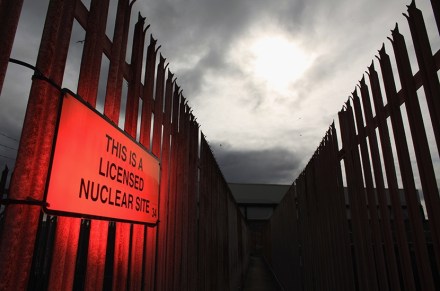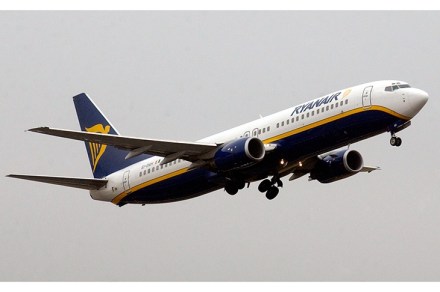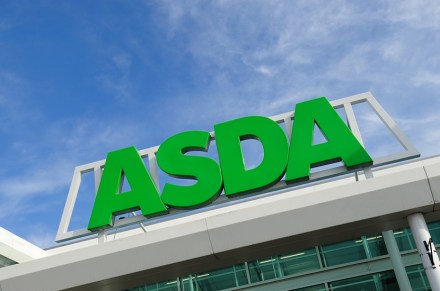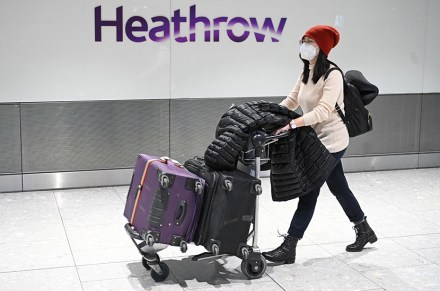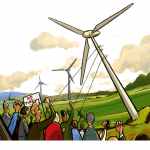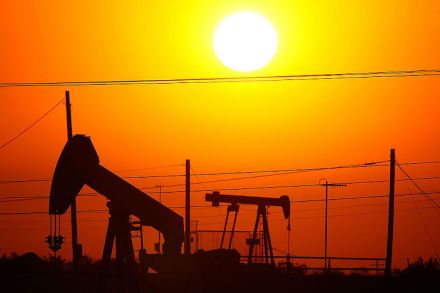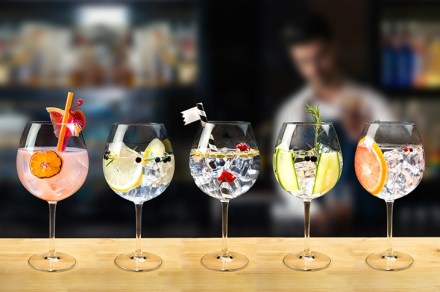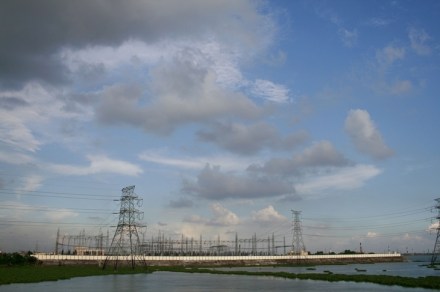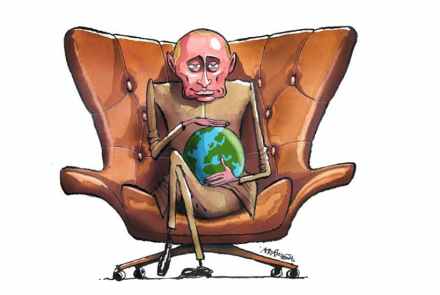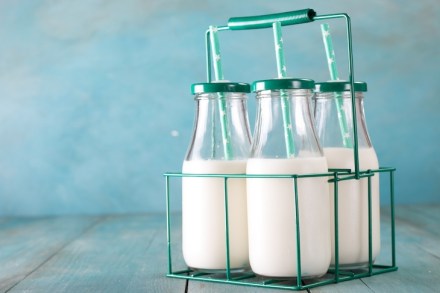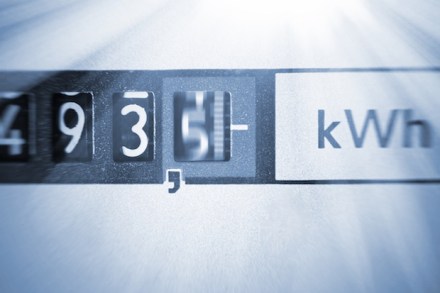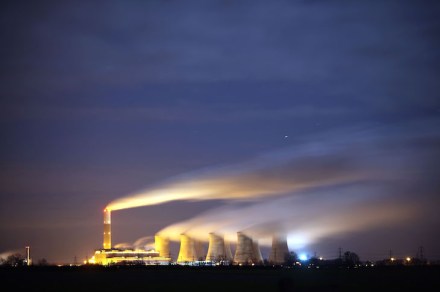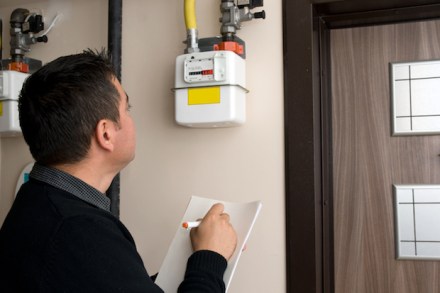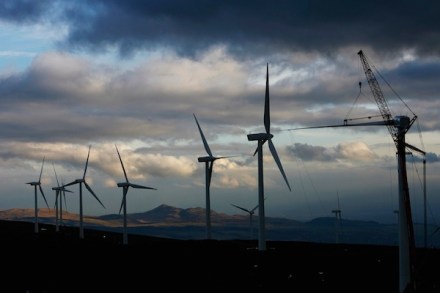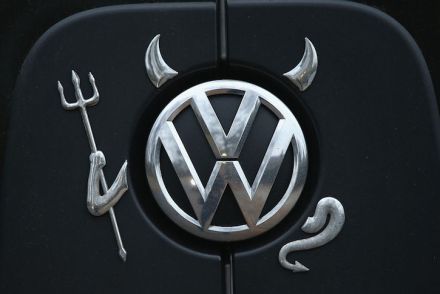Letters: Is cycling really conservative?
Veritas vincit Sir: Professor Dawkins eloquently and engagingly defines true truth for us (‘Matters of fact’, 19 December). It seems to me that ‘true’ is a poor little four-letter word with a heavier workload than is reasonable. Historic truth may include ascertainable facts, which I suppose he would pass, but combined with conclusions based on available evidence or ‘true-to-life’ conjecture. Theological truth combines historic fact with unassailable moral principle and a journey of imagination beyond the reach of experience. It cannot be called untrue — only unproven. Perhaps we need to find a word with more gravitas than ‘truth’ for the scientists. I suggest ‘veritas’ — as found in vino.Charles



